Understanding the Benefits of Passive RFID Tags in Modern Supply Chains
In today's rapidly evolving supply chain landscape, the integration of technology is paramount for maintaining efficiency and competitiveness. One of the standout innovations in this realm is the Passive RFID Tag, which has revolutionized inventory management and asset tracking. Unlike their active counterparts, Passive RFID Tags do not require a power source, relying instead on electromagnetic fields generated by RFID readers to transmit data. This not only lowers operational costs but also enhances the scalability of tracking systems. As businesses strive to optimize logistics and improve traceability, understanding the benefits of Passive RFID Tags becomes essential.
This article will delve into the key advantages these tags offer, including real-time data collection, reduced labor costs, and streamlined processes, providing essential insights for companies looking to upgrade their supply chain operations.
The Role of Passive RFID Tags in Enhancing Supply Chain Efficiency
Passive RFID tags play a crucial role in enhancing supply chain efficiency by providing real-time visibility and accurate tracking of goods throughout the logistics process. Unlike active tags, passive RFID tags do not have their own power source; instead, they rely on the energy emitted by RFID readers to operate. This significantly reduces costs and maintenance concerns, making them an ideal choice for companies seeking to optimize their supply chain operations. By leveraging passive RFID technology, businesses can streamline inventory management, leading to reduced stock discrepancies and increased accuracy in order fulfillment.
The utilization of passive RFID tags facilitates improved communication and data flow within the supply chain. As items move from suppliers to manufacturers and ultimately to retailers, these tags enable seamless information capture at various checkpoints. This automation not only minimizes human error but also accelerates data collection processes, allowing for more agile decision-making. Moreover, by integrating passive RFID tags with existing software systems, organizations can gain valuable insights into supply chain performance, identify bottlenecks, and develop strategies for continuous improvement, ultimately fostering a more responsive and efficient supply chain ecosystem.
Cost-Effectiveness of Implementing Passive RFID Technology
The implementation of passive RFID technology in supply chains offers significant cost-effectiveness, making it an appealing choice for businesses aiming to streamline their operations. Unlike active RFID tags, passive tags do not require an internal power source, which reduces production costs significantly. These tags harness energy from the RFID reader, enabling organizations to deploy them at a fraction of the cost of their active counterparts. Consequently, businesses can allocate more resources to other critical areas, while still enhancing their tracking and inventory management capabilities.
Additionally, the durability and longevity of passive RFID tags contribute to their cost-effectiveness. With no batteries to replace, passive tags typically have a longer lifespan, which minimizes ongoing maintenance costs and the frequency of replacement. This not only lowers operational expenses but also reduces waste, aligning with sustainability practices that many companies strive to incorporate. As a result, adopting passive RFID technology can facilitate more efficient supply chain management while also delivering substantial savings over time.
Benefits of Passive RFID Tags in Modern Supply Chains
Impact of Passive RFID on Inventory Management Accuracy
Passive RFID (Radio Frequency Identification) tags have revolutionized inventory management in modern supply chains by enhancing accuracy and efficiency. Unlike their active counterparts, passive RFID tags do not require a power source; instead, they draw energy from the RFID reader's signal to transmit data. This characteristic makes them cost-effective and ideal for tracking a multitude of items throughout the supply chain. By attaching these tags to products, companies can automate the inventory counting process, reducing human error and increasing data reliability.
The integration of passive RFID technology significantly improves stock accuracy by enabling real-time data capture. As goods move through various stages of the supply chain—from manufacturing to distribution warehouses and retail outlets—RFID readers can quickly scan multiple items at once, ensuring precise tracking. This ability leads to a substantial decrease in stock discrepancies and enhances visibility, allowing businesses to make informed decisions regarding restocking and inventory allocation. Consequently, companies can minimize excess inventory, reduce carrying costs, and streamline their operations, ultimately leading to improved customer satisfaction and increased profitability.
Real-Time Data Tracking: Benefits of Passive RFID for Modern Logistics
Passive RFID (Radio Frequency Identification) tags are revolutionizing real-time data tracking within modern logistics. Unlike their active counterparts, passive RFID tags do not have an internal power source; instead, they rely on electromagnetic energy emitted by RFID readers. This feature not only reduces costs but also significantly enhances operational efficiency. A study by the RFID Journal states that organizations using passive RFID technology can improve inventory accuracy to over 95%, leading to decreased stock discrepancies and enhanced order fulfillment rates.
Furthermore, the ability of passive RFID tags to provide real-time visibility into supply chain operations has become increasingly critical as businesses aim for agility in a fast-paced market. According to a report by MarketsandMarkets, the global RFID market is projected to reach $40.28 billion by 2026, indicating a strong shift towards adopting this technology. Benefits such as reduced labor costs, minimized theft, and improved product tracking capabilities are driving companies to integrate passive RFID solutions, allowing for better decision-making and strategic planning in logistics. By leveraging this technology, firms can ensure that their supply chains are not only efficient but also resilient, adapting swiftly to ever-changing consumer demands.
Case Studies: Proven Success of Passive RFID in Various Industries
Passive RFID tags have demonstrated significant advantages in various industries, showcasing their effectiveness through numerous case studies. In retail, companies like Walmart have successfully implemented passive RFID technology to enhance inventory accuracy and reduce stockouts. By tagging items at the source and tracking them through the supply chain, Walmart has achieved a notable reduction in inventory discrepancies. This has not only streamlined operations but also improved customer satisfaction by ensuring product availability.
In the healthcare sector, passive RFID tags have transformed asset tracking and management. Hospitals have adopted this technology to monitor the location of critical medical equipment, leading to better utilization and reduced losses. A notable example includes a case study from a large hospital network that reported a 30% increase in equipment availability, dramatically improving patient care quality.
These instances exemplify how passive RFID tags can optimize supply chain processes, reduce costs, and enhance operational efficiency across diverse industries.

